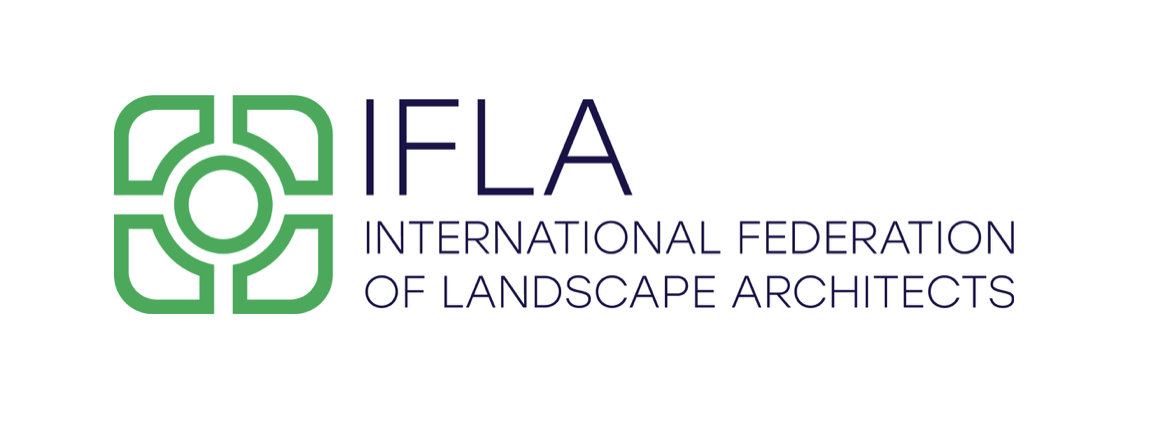This forum brings seeds of positive change together to form a transformative ecosystem of people and their ideas. We discuss strategies, models and business ideas that aim at enhancing the sustainable and productive dimension of landscapes in the Middle East and North Africa (MENA). Your contributions may emerge from practice, research or education.
Productive landscapes stand for multiple value generation that is possible on the same territory. The concept is closely linked to ecosystem services and includes the tangible and intangible value of the landscape and its ecosystems. Ecosystem Services, commonly defined as benefits people obtain from ecosystems, are grouped into four broad categories: provisioning (provision of food, fresh water, fuel, and other goods), regulating (such as climate, water and disease regulation, and i.e. pollination), cultural (such as educational, spiritual, cultural values, heritage as well as recreation and tourism) and supporting (such as nutrient cycles or soil formation).
Climate change, pollution, over-exploitation, and land-use changes are some of the drivers of ecosystem loss. Sustainable development is a key to preserving the tangible and intangible value of the landscapes and their ecosystems, at the same time providing physical, social, and economic well-being.
The Middle East Landscape Forum will be an interdisciplinary platform to reflect on the dimensions of the productive landscape, share experiences and best practices, and create a network for transferability of knowledge in the region and beyond.
CONTENTS
1. Landscape Forum Focus
Forum Thematic Tracks
Track 1: Productive rural landscapes: Sustainable agriculture, foodscapes and locally added value
Track 2: Landscape experience: Sustainable tourism, recreation, and health
Track 3: Productive Urban Landscapes: Well-being, resilience and inclusion
Track 4: Heritage and Identities
Track 5: Energy Landscapes
The main themes will be related to emergent challenges of the Middle East and North Africa region. We love to see future-oriented contributions that speak about opportunities, good practices and integrated approaches.
All focus areas of the four conference tracks will be accompanied by the following cross-cutting themes and we invite you to reflect on these in your contributions:
Digitalization and application of new technologies
Climate change adaptation
Participation and local governance innovation
Event Details: Participation in the Forum by teachers and researchers from a range of different ‘landscape-related’ disciplines as well as practitioners and civil society is central to the interdisciplinary process of discourse and mutual learning which is at its heart.
In that sense, the forum addresses the following target groups: Researchers, professionals and educators of all landscape-related fields. This includes landscapes that might be considered outstanding as well as everyday or degraded landscapes.
Disciplines addressed include: landscape architecture, urban and regional planning, architecture, arts and culture, geography, agriculture, forestry, political and social sciences, history and cultural sciences, tourism and economy, mobility and infrastructure planning, engineering, water engineering, nature protection and ecology.
Sectors addressed: public sector: administrations, local and regional authorities, teaching and research, non-governmental associations, and the private sector: offices and consultancies, industries and real estate.
The Middle East Landscape Forum will bring together scientists, practitioners, and social entrepreneurs from the region working under the umbrella of productive landscapes. Accompanying events will allow showcasing the work of the different organizations and initiatives.
More information here

